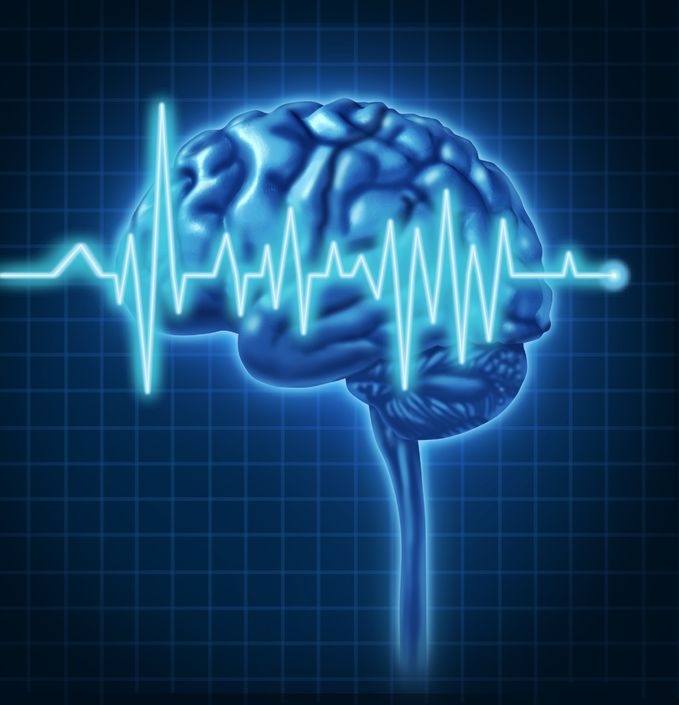-
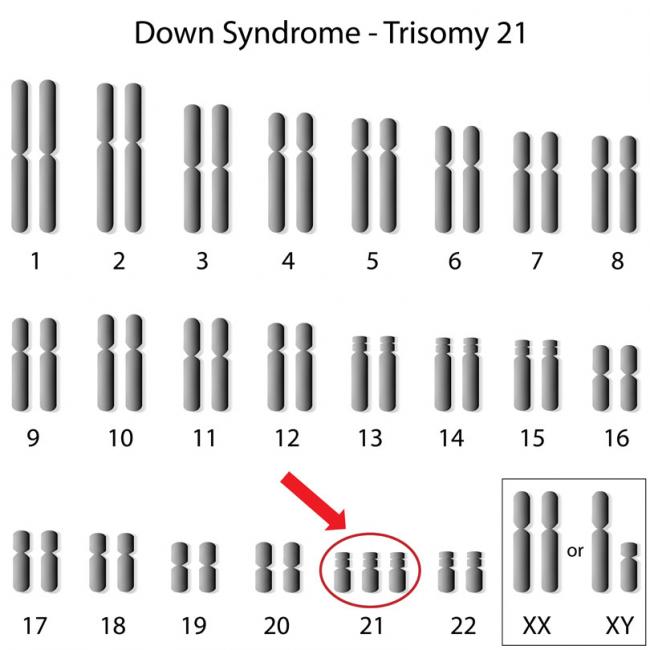 2016-05-25
2016-05-25Down syndrome received its name in 1866, when John Langdon Down initially described this disorder. Down syndrome is more recently known as trisomy 21 (T21), which better describes the extra 21st chromosome that is distinctive for 95% of individuals with this genetic disorder.
-
 2016-05-25
2016-05-25 Whether by unmediated naturals means, induction, or caesarean section, the birth of a child can be an exciting, frightening, and overwhelming experience, and all this is just within in the first moments of life! While some birth experiences go on exactly as planned, others are not as routine, and fortunately procedures such as caesarean delivery (CD) are available to those who might otherwise suffer the negative consequences that can be associated with the birthing process.
Whether by unmediated naturals means, induction, or caesarean section, the birth of a child can be an exciting, frightening, and overwhelming experience, and all this is just within in the first moments of life! While some birth experiences go on exactly as planned, others are not as routine, and fortunately procedures such as caesarean delivery (CD) are available to those who might otherwise suffer the negative consequences that can be associated with the birthing process. -
 2016-05-25
2016-05-25 The joy of motherhood can be an exciting and blissful experience. But what if, instead of happiness and joy, the new mom is experiencing weepiness and irritation, and is crying all the time, but does not understand why? What if, instead of excitement at seeing her baby, she has negative feelings and worries that she may hurt her baby?
The joy of motherhood can be an exciting and blissful experience. But what if, instead of happiness and joy, the new mom is experiencing weepiness and irritation, and is crying all the time, but does not understand why? What if, instead of excitement at seeing her baby, she has negative feelings and worries that she may hurt her baby? -
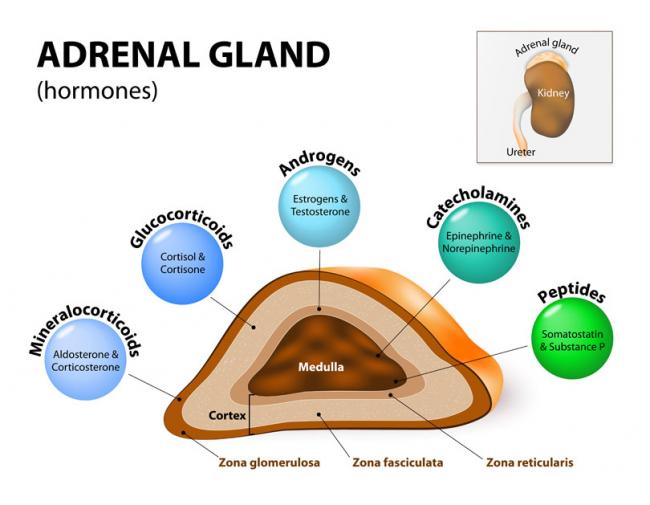 2016-05-25
2016-05-25Stressed? In today’s world, we often hear about our adrenal glands being taxed and not performing optimally. Usually, we attribute this to external stressors such as work overload, emotional liabilities, relationship responsibilities, or financial strains. Have you ever thought this could be due to a genetic defect, though?
-
 2016-04-10
2016-04-10 Every woman—if she lives long enough—will experience menopause. For some, the transition is easy and can even be a relief from the troubles of a regular menstrual cycle. For others, the change is extremely challenging as they struggle to manage frequent “hot flashes,” weight gain, and severe depression. Many of the symptoms of menopause can be directly related to the decreased production of sex hormones— specifically estrogen and progesterone.
Every woman—if she lives long enough—will experience menopause. For some, the transition is easy and can even be a relief from the troubles of a regular menstrual cycle. For others, the change is extremely challenging as they struggle to manage frequent “hot flashes,” weight gain, and severe depression. Many of the symptoms of menopause can be directly related to the decreased production of sex hormones— specifically estrogen and progesterone. -
 2016-04-10
2016-04-10 What Is It and What Causes It? Seasonal affective disorder (SAD) is a form of depression that occurs during certain times of the year. It generally occurs during the colder months, and is associated with shorter days. Reduced sunlight exposure during the fall and winter can disrupt the body’s internal clock, also known as the circadian rhythm.
What Is It and What Causes It? Seasonal affective disorder (SAD) is a form of depression that occurs during certain times of the year. It generally occurs during the colder months, and is associated with shorter days. Reduced sunlight exposure during the fall and winter can disrupt the body’s internal clock, also known as the circadian rhythm. -
 2016-04-10
2016-04-10 Menopause can be formally assessed when there has been no menstrual period for 12 months. At this point, the ovaries stop performing their function. The process happens gradually and is an individualized process. Some women experience a steady decline in the frequency of their menses, while others have sporadic menses until finally they stop.
Menopause can be formally assessed when there has been no menstrual period for 12 months. At this point, the ovaries stop performing their function. The process happens gradually and is an individualized process. Some women experience a steady decline in the frequency of their menses, while others have sporadic menses until finally they stop. -
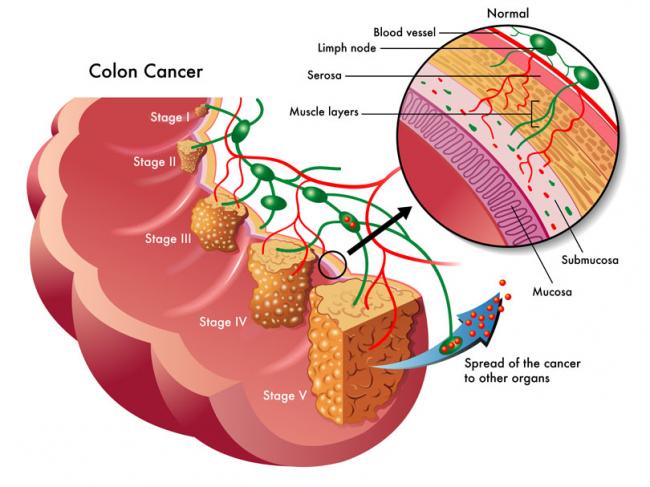 2016-04-10
2016-04-10 In 2015, 1 in 14 men and 1 in 16 women were diagnosed with colorectal cancer. It is the second most likely cause of death from cancers for males, with a 1 in 29 chance of dying from it, and the third most common cause of death for females with cancer.
In 2015, 1 in 14 men and 1 in 16 women were diagnosed with colorectal cancer. It is the second most likely cause of death from cancers for males, with a 1 in 29 chance of dying from it, and the third most common cause of death for females with cancer. -
 2016-04-09
2016-04-09 Are you tired of being told what you once thought was healthy is now bad for you? It’s frustrating to go from one extreme diet to another, and constantly be worried about what you should and shouldn’t be eating. Have you ever noticed that there is only one constant to any fad diet, weight loss plan, or nutrition regiment? Vegetables. And lots of them.
Are you tired of being told what you once thought was healthy is now bad for you? It’s frustrating to go from one extreme diet to another, and constantly be worried about what you should and shouldn’t be eating. Have you ever noticed that there is only one constant to any fad diet, weight loss plan, or nutrition regiment? Vegetables. And lots of them. -
 2016-03-11
2016-03-11 Aging is not really about how long someone has been alive, but more about the decline in physical ability and health that tends to occur once a person reaches later life. Aging involves a variety of factors—including our genes, our environment, and infections with harmful viruses and bacteria. These factors—genetic, environmental, and biological—can overlap and cause us to begin the aging process, called “senescence,” which goes all the way down to the cellular level.
Aging is not really about how long someone has been alive, but more about the decline in physical ability and health that tends to occur once a person reaches later life. Aging involves a variety of factors—including our genes, our environment, and infections with harmful viruses and bacteria. These factors—genetic, environmental, and biological—can overlap and cause us to begin the aging process, called “senescence,” which goes all the way down to the cellular level. -
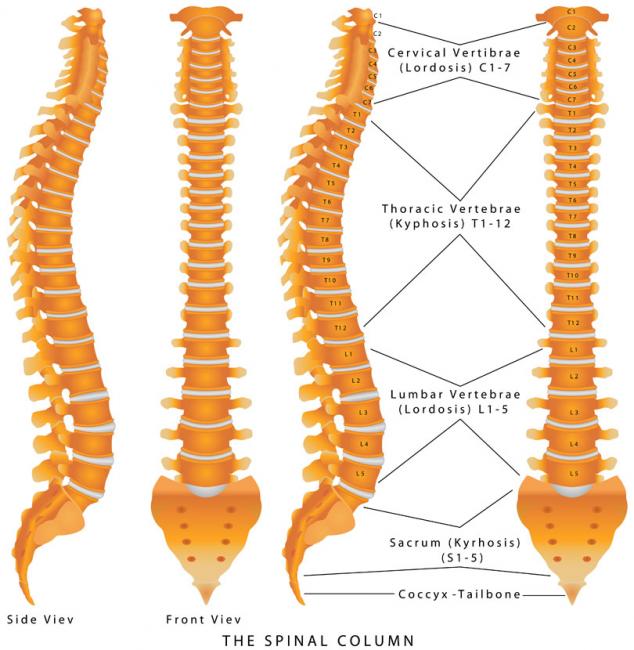 2016-03-11
2016-03-11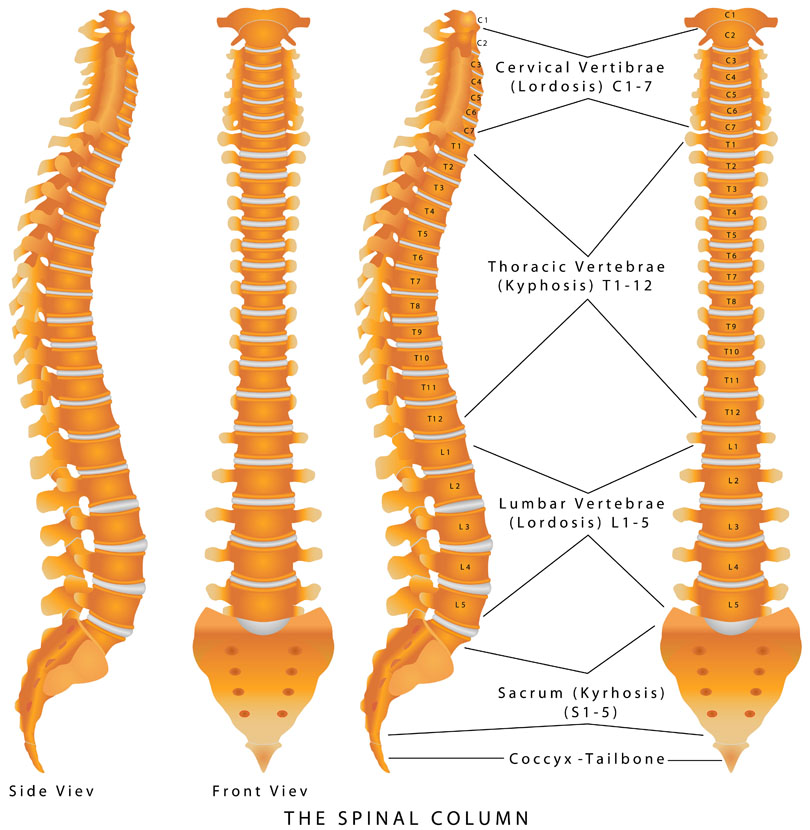 Walk down a busy street and you’ll see some atrocious body language and posture. Most people are hunched over, head down, eyebrows furrowed, and probably typing away on their cell phones. Anybody who is sitting is almost guaranteed to be hunched over: driving, eating, talking, on the phone, going to the toilet, working at a desk, studying, etc.
Walk down a busy street and you’ll see some atrocious body language and posture. Most people are hunched over, head down, eyebrows furrowed, and probably typing away on their cell phones. Anybody who is sitting is almost guaranteed to be hunched over: driving, eating, talking, on the phone, going to the toilet, working at a desk, studying, etc. -
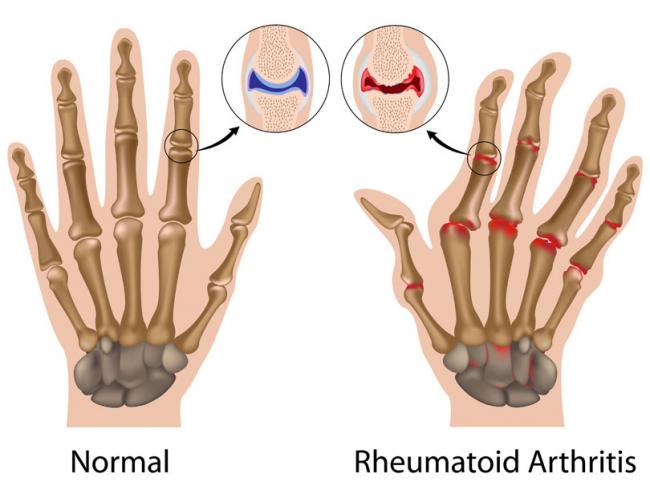 2016-03-11
2016-03-11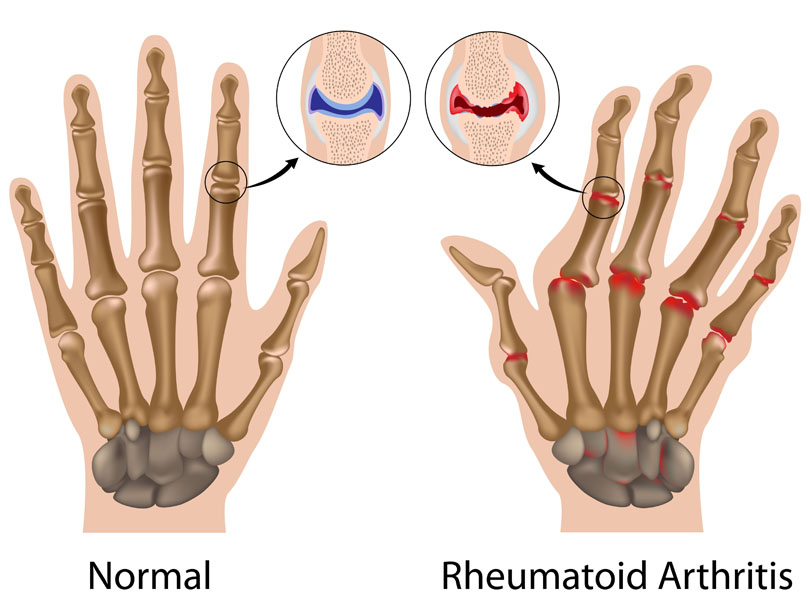 Rheumatoid arthritis (RA) is a chronic health condition that causes pain and stiffness in multiple joints, typically in the hands and feet. It impacts the lining of the joints, which, depending on the severity of the condition, causes pain, swelling, and deformity.
Rheumatoid arthritis (RA) is a chronic health condition that causes pain and stiffness in multiple joints, typically in the hands and feet. It impacts the lining of the joints, which, depending on the severity of the condition, causes pain, swelling, and deformity. -
 2016-03-11
2016-03-11 How much time have you spent outdoors this week? For most Canadians and Americans, the answer is “not much.” Currently, North Americans spend 95% of their day indoors or in a vehicle. In addition, we’re spending a lot of that time engaged with technology.
How much time have you spent outdoors this week? For most Canadians and Americans, the answer is “not much.” Currently, North Americans spend 95% of their day indoors or in a vehicle. In addition, we’re spending a lot of that time engaged with technology. -
 2016-03-11
2016-03-11 Vaginal yeast infections can be extremely uncomfortable and significantly impact the quality of a woman’s life. At least 75% of women will experience a yeast infection once in their lifetime, with 45% experiencing two or more episodes, and 5–8% experiencing frequently recurring infections over the course of their life.
Vaginal yeast infections can be extremely uncomfortable and significantly impact the quality of a woman’s life. At least 75% of women will experience a yeast infection once in their lifetime, with 45% experiencing two or more episodes, and 5–8% experiencing frequently recurring infections over the course of their life. -
 2016-02-13
2016-02-13 We hear so often “Coffee is bad! Coffee is bad!” Coffee is one of the most highly consumed beverages in North America. It’s no wonder there is literally a coffee shop on every street corner—and if it’s not classified as a coffee shop, you can bet it serves coffee! Much of the speculation for why coffee is considered harmful is typically around the side effects of caffeine. The average amount of caffeine in one cup of joe is about 95 mg. Health Canada recommends a daily consumption of caffeine to be no more than 2.5 mg/kg body weight,
We hear so often “Coffee is bad! Coffee is bad!” Coffee is one of the most highly consumed beverages in North America. It’s no wonder there is literally a coffee shop on every street corner—and if it’s not classified as a coffee shop, you can bet it serves coffee! Much of the speculation for why coffee is considered harmful is typically around the side effects of caffeine. The average amount of caffeine in one cup of joe is about 95 mg. Health Canada recommends a daily consumption of caffeine to be no more than 2.5 mg/kg body weight,



